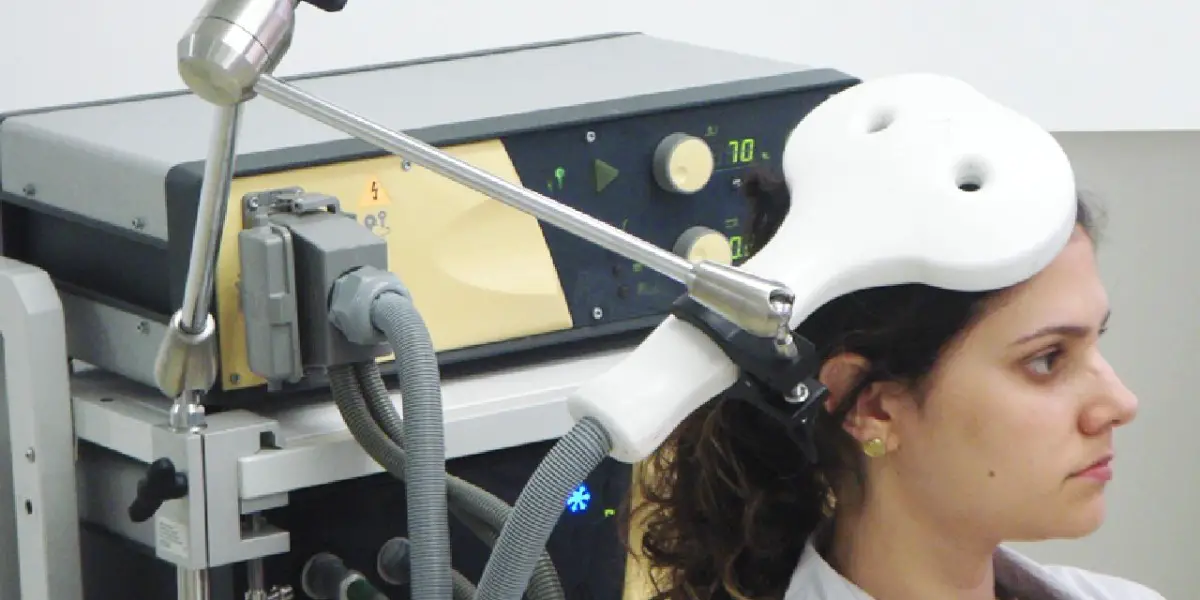The landscape of adolescent mental health treatment is evolving, with Transcranial Magnetic Stimulation (TMS) therapy emerging as a promising option. This blog post explores TMS therapy's role in teen mental wellness, addressing its safety, effectiveness, and potential as a treatment for young individuals.
Understanding TMS Therapy
TMS therapy is a non-invasive procedure that uses magnetic fields to stimulate nerve cells in the brain. It's primarily used to treat depression by targeting areas of the brain involved in mood regulation. The procedure is painless and typically conducted in a series of sessions over several weeks.
Mental Health Challenges in Adolescents
Adolescence is a critical time for mental health. Statistics show a significant rise in mental health issues among teenagers, with traditional treatments often falling short. Medication and psychotherapy, while effective for some, do not work for all. This gap in treatment efficacy necessitates alternative options like TMS Therapy New Jersey.
The Role of TMS Therapy in Adolescent Mental Health
TMS offers a different approach. Its non-invasiveness and lack of medication-related side effects make it an attractive option for adolescents. Unlike medications, TMS does not involve systemic side effects, which is a significant consideration for younger patients.
Age Limits and Safety of TMS Therapy
One common question surrounding TMS therapy is the appropriate age for its application. While primarily used in adults, ongoing research suggests its potential benefits for younger populations, including adolescents. However, the safety and efficacy of TMS Treatment NJ in children are still under investigation, with most studies focusing on teenagers and older adolescents.
Safety and Efficacy in Teenagers and Adolescents
For teenagers and adolescents, TMS therapy has been shown to be a safe and effective treatment for depression, especially for those who haven't responded well to traditional therapies. It offers a ray of hope for teenagers struggling with mental health issues, providing an alternative pathway to wellness.
Recurring Depression in Youth
Recurring depression is a significant concern in youth. TMS therapy presents a potential solution for this challenge. Its targeted approach can help manage symptoms of depression, offering a sustained path to recovery for teenagers experiencing recurring depressive episodes.
Effectiveness of TMS Therapy in Adolescents
The effectiveness of TMS therapy in teenagers and adolescents is noteworthy. Research indicates positive outcomes, especially in treatment-resistant cases. By focusing on specific brain areas, TMS provides a targeted treatment that can yield significant improvements in mood and overall mental health.
Seeking More Information on TMS Therapy
Parents and guardians seeking more information on TMS therapy for their teens can consult with mental health professionals and explore reputable medical sources. Understanding the benefits and limitations of TMS is crucial in making informed decisions about mental health care.
The Future of TMS in Adolescent Mental Health
The future of TMS therapy in adolescent mental health looks promising. Ongoing research continues to explore its broader applications, potentially expanding its use in treating other mental health conditions beyond depression.
Conclusion
TMS therapy represents a new horizon in teen mental wellness, offering an alternative for those who have not found success with traditional treatments. Its non-invasive nature and promising results make it an exciting development in adolescent mental health care.
For those interested in exploring TMS therapy further, a wealth of resources and professional guidance is available. As the field evolves, TMS therapy may become a cornerstone in the treatment of adolescent mental health issues, changing countless young lives for the better.





